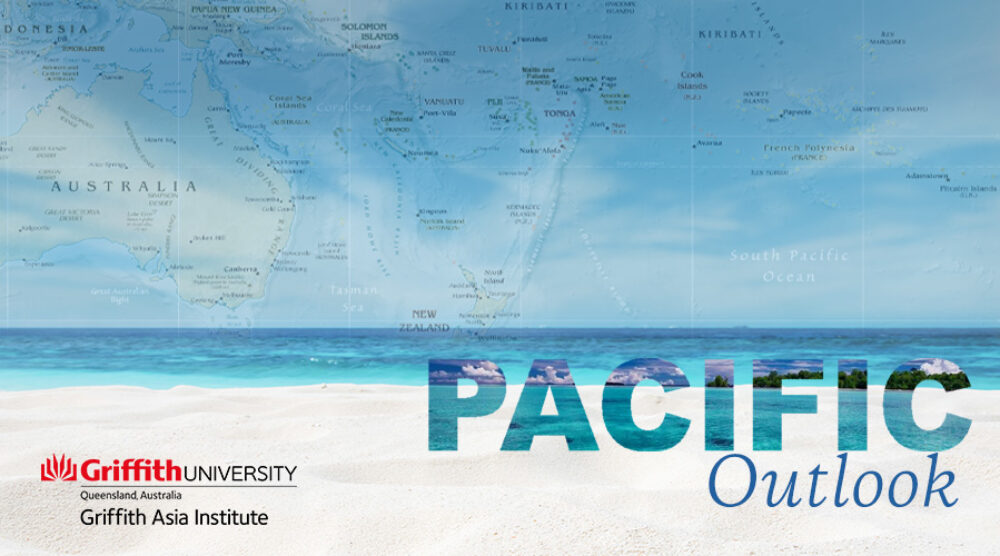Tensions in Port Moresby
Tensions in Port Moresby rose after a senior police officer was killed by off duty members of the PNG Defence Force.
Senior Inspector Andrew Tovere was attacked by drunk off duty soldiers whilst seeking to enforce a ban on sale of alcohol under the State of Emergency orders recently introduced as part of countering Covid-19. He was rushed to hospital after the attack but was later pronounced dead as a result of his injuries.
There were reports groups of police officers driving around Port Moresby in convoy and of small-scale confrontation between police personnel and members of the defence force as senior members of both groups worked to prevent an escalation. Two members of the defence force have been arrested. Senior members of the force have called for calm in the capital.
Proposed independence referendum for Tokelau
A senior leader of Tokelau has drafted a proposal for an independence referendum to go before the Parliament when it next meets. Kelihiano Kalolo envisages that the vote will be held by 2025 to decide the future status of the atoll nation.
In referendums held in 2006 and 2007 the population voted narrowly for Tokelau to remain a territory of New Zealand.
Unlike in previous referendums, Kalolo’s proposal does not envisage a maintenance of the status quo. Instead the three options that would be put to the voters are: independence, self-governing in free association (as is the case for Cook Islands and Niue), and integration.
The proposal has already raised concern with the Tokelauan diaspora in New Zealand who have queried whether they will be able to take part in the poll. The number of Tokelauans who live outside the country dwarfs the island population which stands at around 1500.
Constitutional concerns in Samoa
There is ongoing concern in Samoa about the government’s proposed changes to the constitution.
Three bills currently before Parliament will have serious impacts on the rule of law and democracy according to the Law Society of Samoa. Their concerns relate to provisions on removing the right of appeal from the Land and Titles Court to the Supreme Court and the way in which judges are removed from office. They have received support from the New Zealand Law Society and the Law Council of Australia.
The PM of Samoa has been sharply critical of those who oppose the bills. He has lashed out at the President of the New Zealand Law Society, saying that the issue is none of her business. He has also claimed that the Samoan constitution was too heavily influenced by outsiders when it was drafted and that it needs to be more reflective of Samoan culture.
Business sector dismayed by Vanuatu government decision
In Vanuatu a recent government decision in relation to economic stimulus has dismayed many in the business community. When the outgoing Salwai government announced its VT4 billion stimulus package a few weeks ago, it was largely welcomed by business owners. One of its key planks was an employment stabilisation program that would provide funds to employers so that they could continue to pay their staff even where turnover had dropped.
Over the weekend the government has announced which categories of business will qualify for this support. To the dismay of many, only businesses who are directly involved in tourism and hospitality are expected to receive this support. This is despite the economic downturn affecting a much wider range of enterprises. There is also confusion about why some businesses have been described as ‘partly qualified’.
The Vanuatu Chamber of Commerce and Industry is expected to take up the concerns of its members with the government.
Support to Pacific Island countries to address COVID-19
Bilateral and multilateral development partners are providing financial and in-kind support to Pacific island countries. Much of the in-kind support has been focused on supporting governments to ramp up health and medical systems to deal with outbreaks should they occur.
Australia and New Zealand have funded the WHO to provide GeneXpert cartridges to a number of countries which allows for greater testing to be done. However, the global demand for these means that only a small number have been received so far. Both China and Taiwan have been involved in providing equipment and financial support to the countries with which they have diplomatic relationships in the region. The UN has recently announced a program to support Pacific island countries which is worth more than US$35 million. However, there is a US$19 million shortfall once resources have been redirected from elsewhere.
Tess Newton Cain is an Adjunct Associate Professor at the Griffith Asia Institute.








